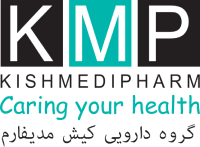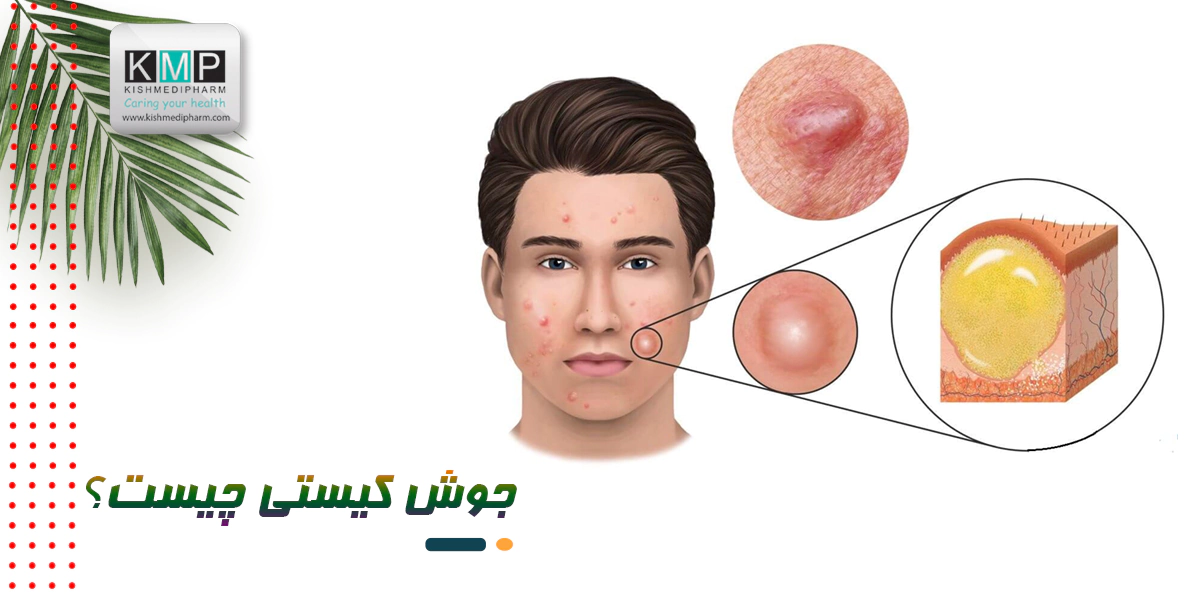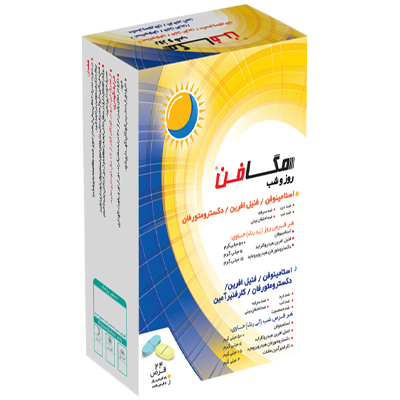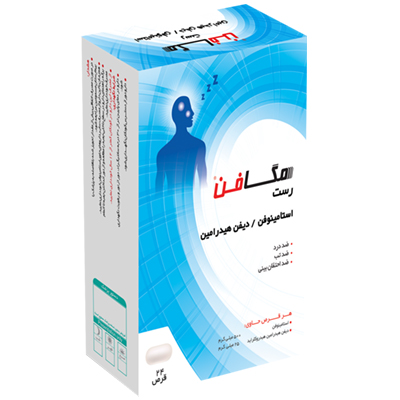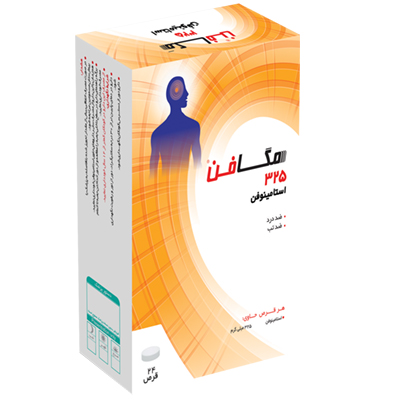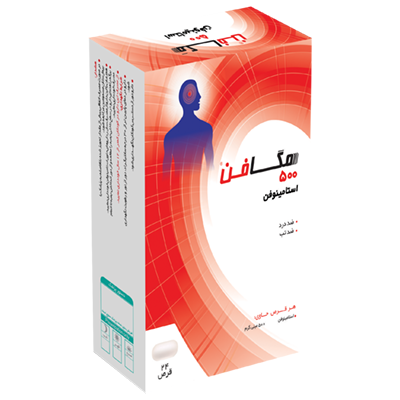Everyone will experience skin problems once or twice in their lifetime, some more frequently or with varying degrees of severity than others. Acne comes in different types, including blackheads, whiteheads, papules, nodules, pustules, and cystic acne.
Each type of acne may have its own specific treatment. Here, we will focus on treating cystic acne, but the prerequisite for its treatment is to know what cystic acne is. Next, we will examine the causes, symptoms, and treatments for this type of skin problem.
What is a cystic pimple?
Cystic acne is one of the most severe and severe types of acne. These skin conditions penetrate deeper layers of the skin and tend to leave more scars after treatment (we discussed acne scar treatment in another article). Cystic acne usually appears as inflamed, pus-filled bumps and inflammation.
These bumps are often white and large, with a halo of redness around them. Other differences between cystic acne and other acne include being painful and large in size, although some types of cystic acne remain small in size.
Cystic acne can contain several pustules, another type of acne, that contain pus. These skin conditions often appear behind the ears, on the chest, on the arms, and on various parts of the face. Since acne and its scars can negatively affect a person's self-confidence, treating cystic acne on the face is very important.
What causes cystic acne?
Cystic acne can have different causes. People who are most susceptible to this skin problem are people with oily skin, the elderly, teenagers and women. Contrary to what most people think, cystic acne is not caused by eating chocolate, dairy products, masturbation and fatty foods, but people usually suffer from such skin complications for the following reasons:
- Hormonal changes due to reasons such as pregnancy, menstruation, birth control, polycystic ovary syndrome, menopause, and hormone therapy
- A number of medications and chemicals that are taken orally, such as isoniazid, phenytoin, and lithium.
- Using inappropriate, outdated, oily, and comedone-causing cosmetics
- Excessive sebum production and overactivity of the sebaceous glands
- Pollution and bacteria on the surface of the skin
- Inflammation caused by reactive substances
- Excessive stress and anxiety
- Wearing clothes that are too tight
- Genetic factors
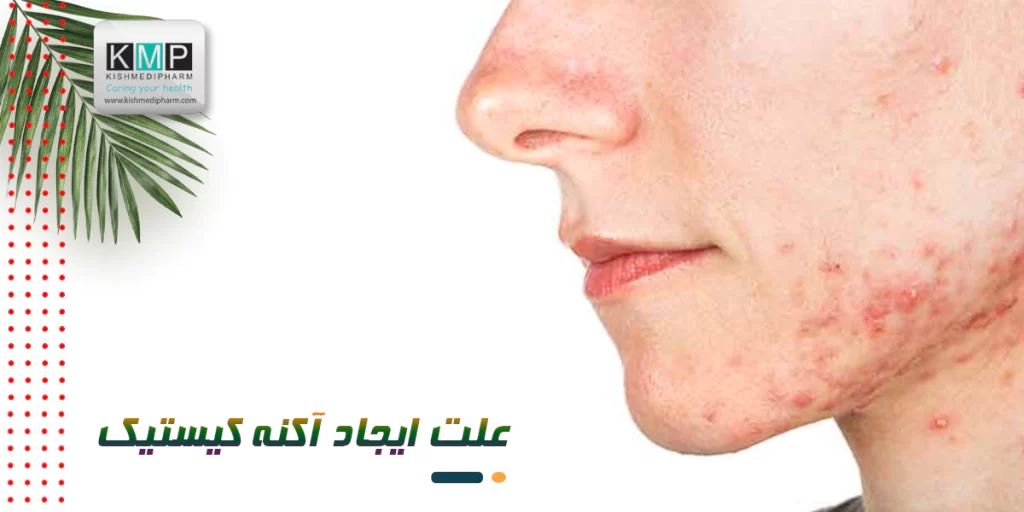
Treating cystic acne with 7 effective methods
Due to its severity, cystic acne requires longer and more professional treatment and is not usually treated with a few simple home remedies. Considering that treating cystic acne requires taking different pills and antibiotics, it can basically have problems and side effects, and some of these side effects can have serious and irreparable risks.
Treatment options for cystic acne include isotretinoin, oral antibiotics, topical retinoids, spironolactone, Acnemis gel, and oral contraceptives. Below, we will present the 7 treatment options we mentioned, and we will also announce the characteristics and side effects of each of these methods.
Treating cystic acne with isotretinoin
Roaccutane or isotretinoin is a type of skin treatment that is a derivative of vitamin A. Isotretinoin is prescribed for the treatment of cystic acne only after a specialist has diagnosed it, as this drug is only available with a doctor's prescription and in pharmacies. This drug is usually taken in capsule form and taken daily. A large percentage of people who use this method usually achieve good results or complete results after 6 months of treatment.
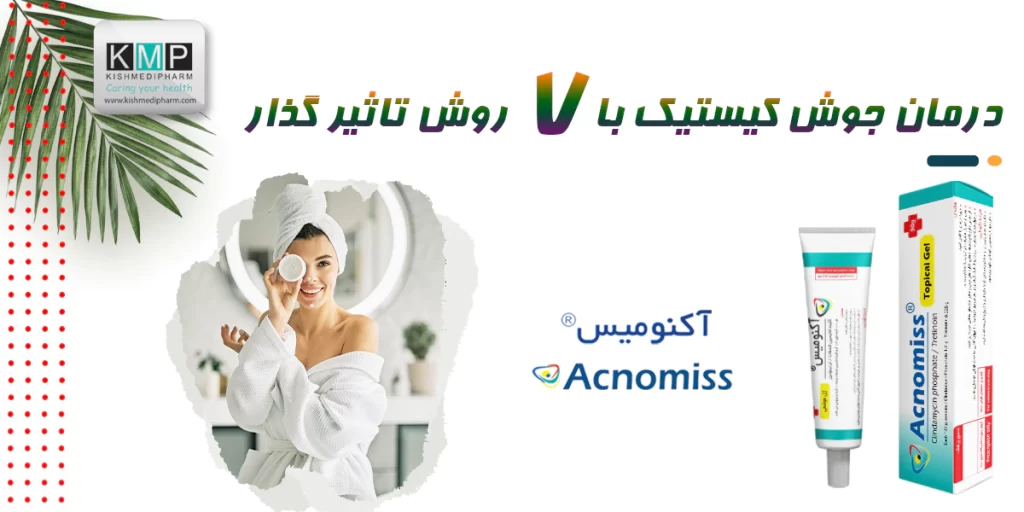
Oral isotretinoin is a specialist for relieving wrinkled cystic acne, acne that is resistant to other treatments, inflammation and swelling of the skin. However, this type of cystic acne treatment has some disadvantages, which we will list below:
- Changes in a person's mood and behavior
- Pain in the muscle and joint area
- Bruising and inflammation
- Blood in the urine
- Inflammation of the intestine
How is cystic acne treated with oral antibiotics?
Oral antibiotics, due to their antibacterial properties, can eliminate the bacteria and inflammation caused by cystic acne. It should be noted that long-term use of these antibiotics is not recommended, as it is likely to make the body resistant to the use of these drugs.
Nausea and diarrhea, abdominal pain, or vomiting can be side effects of these medications. Commonly used antibiotics include tetracycline, clindamycin, doxycycline, minocycline, and erythromycin. These types of antibiotics are prescribed only on the advice of a doctor to eliminate cystic acne. Antibiotics are used to control bacterial growth, improve skin symptoms, control skin sebum, and treat resistant acne such as cystic acne.
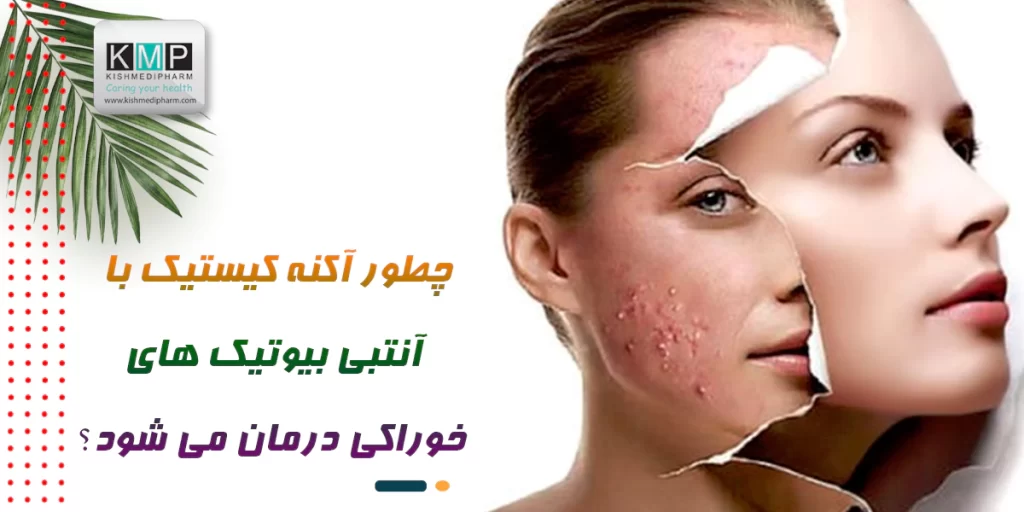
Vitamin A Derivatives (Retinoids), a Weapon Against Cystic Acne Treatment
Retinoids, like isotretinoin, are derivatives of vitamin A and can be produced in gel, lotion, and cream formats. These drugs eliminate and treat cystic acne by isolating hair follicles and reducing oil-producing glands. Adapalene is one such type of retinoid that has a similar mechanism of action to tretinoin and is used to treat purulent acne.
The advantage of retinoids is the type of use and the lower possibility of side effects. Retinoids are not necessarily taken orally, while isotretinoin is also taken orally and can cause more harm than retinoids. Among the problems that retinoids bring are the following:
- Inflammation and redness of the skin
- Prone to sunburn
- Peeling
- Dry skin
Spironolactone is one of the most popular treatments for cystic acne.
Another way to treat cystic acne on the face is to take spironolactone as prescribed by your doctor. These medications are usually recommended for women who have cystic acne on the lower jaw and chin, and be sure to remember that taking spironolactone can carry a risk of birth defects in the fetus. Be sure to inform your doctor if you are planning to become pregnant. This medication can cause side effects such as irregular menstruation, breast tenderness, headache, and dizziness.
Treating cystic acne with oral contraceptives
As you know, one of the causes of cystic acne in women is hormonal and menstrual problems. These drugs treat cystic acne by controlling androgen levels. Of course, it should be noted that these drugs are not recommended for people who smoke, have blood clotting problems, or are planning to become pregnant. Acipro, which is considered an anti-androgen, is usually prescribed with an estrogen-containing drug that prevents excess oil from forming to help treat cystic acne.
Acnemis Gel is a skilled healer in healing everything from mild acne to cystic acne.
If you suffer from skin conditions such as acne, you must have heard of Acnemis Gel. Don't be surprised that this product is also recommended by dermatologists for the treatment of cystic acne. Acnemis Gel, containing clindamycin, a type of antibiotic, and tretinoin, a type of retinoid, has been able to create a good synergy for the treatment of cystic acne.
This product is for all types Acne treatment Mild to moderate acne is used as a monotherapy, moderate to severe acne is used in combination with oral antibiotics, and for very severe acne such as cystic acne, it is used as an anti-inflammatory. Just remember that this product contains a type of retinoid, so its use is strictly prohibited during pregnancy, as it may pose a risk of causing cosmetic problems or even miscarriage, and you should definitely use sunscreen while using it.
The role of benzoyl peroxide in the treatment of cystic acne
Benzoyl peroxide is one of the oldest treatments for acne of all types and severity, and has been used for 50 years. It is formulated with water and alcohol and is also suitable for treating cystic acne because it has both drying properties for acne and is suitable for oily skin. It has antibacterial, anti-inflammatory and antioxidant properties, so by reducing acne-causing bacteria and reducing sebum production in the skin, it also reduces inflammation caused by cystic acne.
Benzoyl peroxide is produced and sold in the form of creams, lotions and gels. Like any other product, this drug can also cause harm. The following are the problems that are usually caused in people due to the use of benzoyl peroxide. Skin sensitivity and redness, dryness and burning are some of the symptoms that appear due to the use of this drug.
7 Treatment methods for cystic acne include oral contraceptives, benzoyl peroxide, retinoids, acnemis gel, isotretinoin, spironolactone, and oral antibiotics.
Cystic acne scar treatment
Cystic acne is considered to be one of the most severe types of acne, which occurs on the skin surface for various reasons, causing pain and inflammation. One of the best things to do to deal with these acne is to see a specialist quickly and start treatment as soon as possible. It is very important to have the right treatment steps and medications for treating cystic acne, and it is better not to act arbitrarily to treat such complications. If you end up with symptoms of cystic acne after your skin is treated, you can reduce the effects of these complications or eliminate them if possible with the advice of a doctor using the following methods.
- Subcision and microneedling
- Microdermabrasion
- CO2 laser therapy
- Filler injection
Ways to prevent cystic acne
You can easily avoid the occurrence of this by doing some things you might not even think of. Acne Prevent cystic acne. It's true that these acnes appear very rough and highly inflamed, but they can be caused by neglecting some small things.
If you buy and use too many cosmetics, you may develop cystic acne, so when buying these products, be careful that they are non-comedogenic and made with water-based formulations. Also, you don't need to wash your face with strong cleansers, just washing your face twice a day with a mild, unscented cleanser can help greatly in improving the health of your skin.
Never squeeze pimples, as these skin conditions can worsen with manipulation and may turn into cystic acne. Since they are deep and close to nerves, they can also cause severe pain and may become more inflamed.
Overuse of exfoliants not only does not improve skin health, but may actually have the opposite effect, so remember to use the amount of products recommended by your pharmacist or doctor. Having a good low-glycemic diet that controls sugar is another way to prevent cystic acne.
By following proper nutrition, using exfoliants in moderation, using non-comedogenic cosmetics and toiletries, and using mild cleansers, you can easily avoid developing acne. Cystic acne Prevent.
Conclusion
Cystic acne is one of those types of acne that, in addition to its rough appearance, also causes inflammation and pain. Before you suffer from this skin condition, it is necessary to observe preventive measures, but if these cystic acne make your face inflamed and look bad, you need to immediately seek treatment options appropriate for acne.
Cystic acne treatment is done by a specialist and can include retinoids, isotretinoins, Acnemis gel, oral antibiotics, spironolactone, and birth control pills. If cystic acne scars remain after treatment, you may need to see a doctor again and try one of the following methods: laser therapy, subcision, microneedling, or filler injections.
